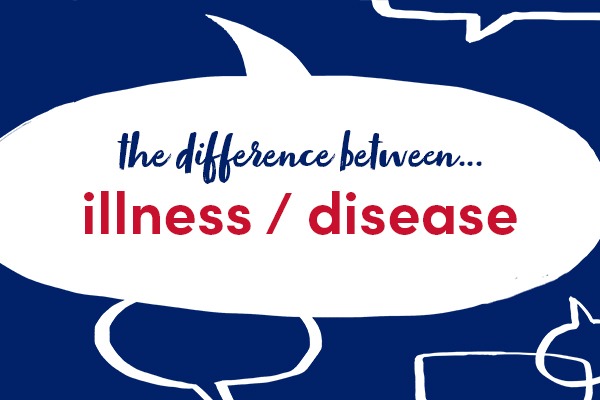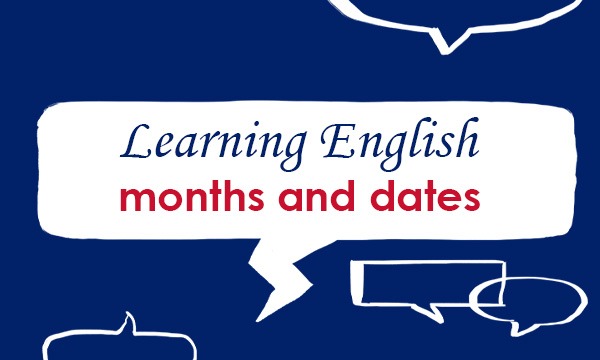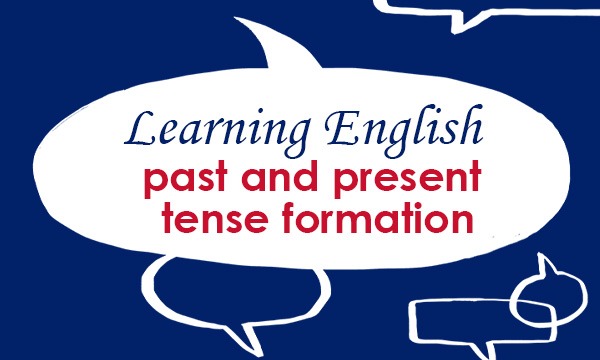This week we are looking at two words which are sometimes confused: illness and disease.
illness

If you have an illness, there is something wrong with your health. An illness can last for a long time or a short time, and its effects can be serious or not serious.
The doctor thought that Bae’s illness was caused by stress.
You can use the adjectives ‘long’ and ‘short’ in front of illness, but not in front of disease.
He died last month after a long illness.
disease

A disease is a particular kind of illness, often caused by bacteria or an infection. Diseases can often be passed from one person to another.
Glaucoma is an eye disease.
Children should be immunised against dangerous diseases.
Animals and plants can also have diseases, but not illnesses.
Scrapie is a disease that affects sheep.
The trees were killed by Dutch Elm disease.
Find out more in our English Usage article.
This blogpost is based on Collins COBUILD English Usage, written for learners of English. For more examples of English usage points, please visit: https://grammar.collinsdictionary.com/english-usage.
All opinions expressed on this blog are those of the individual writers, and do not necessarily reflect the opinions or policies of Collins, or its parent company, HarperCollins.



